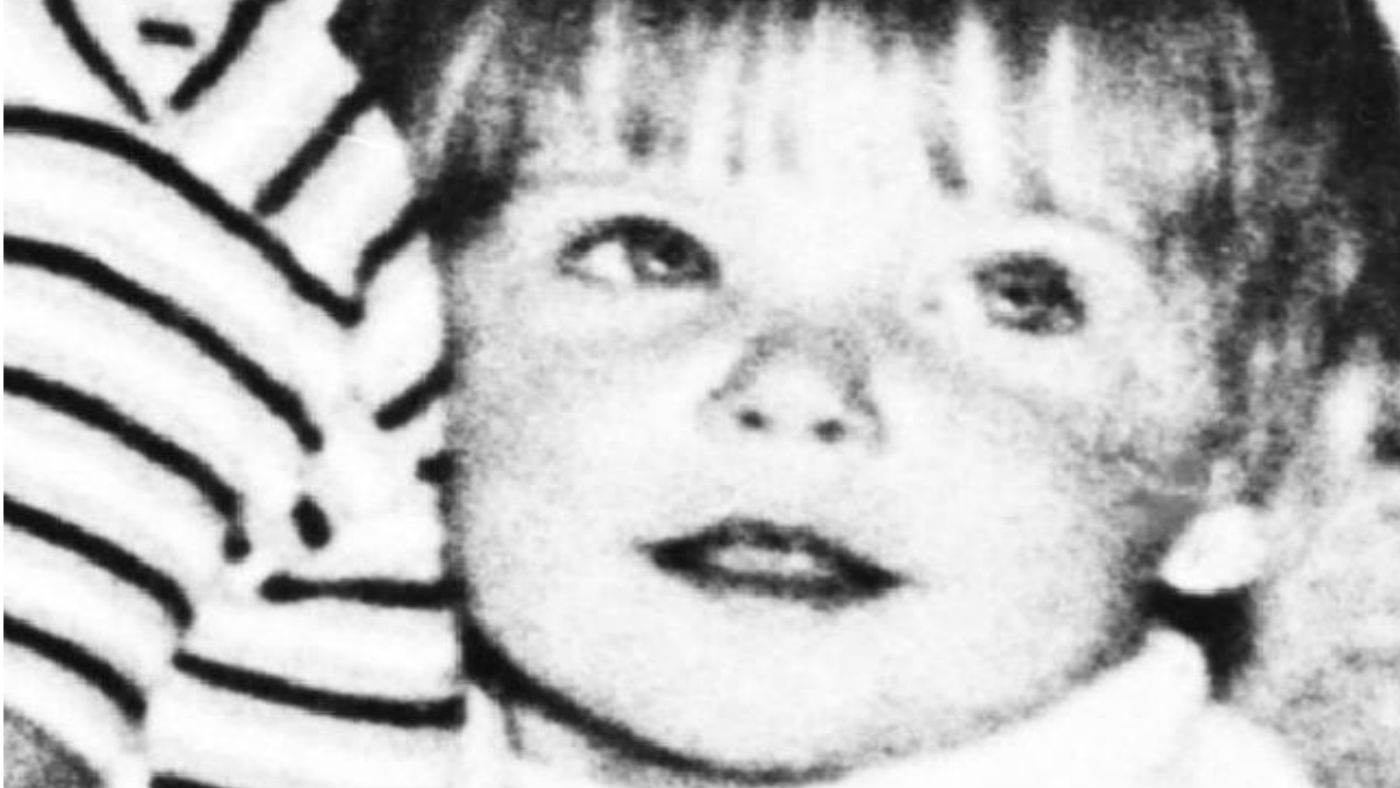Cheryl Grimmer: Man charged over British toddler missing since 1970
Australian police arrest 63-year-old man in Melbourne in connection with disappearance of three-year-old

A free daily email with the biggest news stories of the day – and the best features from TheWeek.com
You are now subscribed
Your newsletter sign-up was successful
A man has been charged with the murder of British toddler Cheryl Grimmer, who disappeared from a beach in Australia almost 50 years ago.
The 63-year-old, originally from the UK, was arrested in Melbourne on Wednesday and will face court on Friday morning.
He was a "person of interest" during the original police investigation, when he would have been 16, the BBC reports.
The Week
Escape your echo chamber. Get the facts behind the news, plus analysis from multiple perspectives.

Sign up for The Week's Free Newsletters
From our morning news briefing to a weekly Good News Newsletter, get the best of The Week delivered directly to your inbox.
From our morning news briefing to a weekly Good News Newsletter, get the best of The Week delivered directly to your inbox.
Bristol-born Cheryl, then aged three, went missing from a beach in New South Wales on 12 January 1970, not long after her family had emigrated to Australia. She had been sent to shower in a toilet block 110yds from the beach with her three brothers, Ricki, Stephen and Paul, but disappeared from the changing rooms and was never seen again.
Despite a huge search, police failed to discover what happened to her and now doubt her body will ever be found.
However, during a re-enactment of her disappearance last year, three witnesses said they had seen a teenager "loitering" around the area.
Cheryl's parents, Carole and Vince, both died without knowing what happened to their daughter. Stephen Grimmer, 53, told the Sydney Morning Herald his mother had never given up hope that her daughter was still alive.
A free daily email with the biggest news stories of the day – and the best features from TheWeek.com
He added the news of the arrest was "great", but also "unreal".
Police said the suspect was questioned at a police station in Frankston, in outer Melbourne, on Wednesday and held in custody.
Detective inspector Brad Ainsworth said: "I'm not going to get into the specifics of the actual details of the offences but I can say that they are quite horrific."
-
 6 exquisite homes with vast acreage
6 exquisite homes with vast acreageFeature Featuring an off-the-grid contemporary home in New Mexico and lakefront farmhouse in Massachusetts
-
 Film reviews: ‘Wuthering Heights,’ ‘Good Luck, Have Fun, Don’t Die,’ and ‘Sirat’
Film reviews: ‘Wuthering Heights,’ ‘Good Luck, Have Fun, Don’t Die,’ and ‘Sirat’Feature An inconvenient love torments a would-be couple, a gonzo time traveler seeks to save humanity from AI, and a father’s desperate search goes deeply sideways
-
 Political cartoons for February 16
Political cartoons for February 16Cartoons Monday’s political cartoons include President's Day, a valentine from the Epstein files, and more
-
 Epstein files topple law CEO, roil UK government
Epstein files topple law CEO, roil UK governmentSpeed Read Peter Mandelson, Britain’s former ambassador to the US, is caught up in the scandal
-
 Iran and US prepare to meet after skirmishes
Iran and US prepare to meet after skirmishesSpeed Read The incident comes amid heightened tensions in the Middle East
-
 Israel retrieves final hostage’s body from Gaza
Israel retrieves final hostage’s body from GazaSpeed Read The 24-year-old police officer was killed during the initial Hamas attack
-
 China’s Xi targets top general in growing purge
China’s Xi targets top general in growing purgeSpeed Read Zhang Youxia is being investigated over ‘grave violations’ of the law
-
 Panama and Canada are negotiating over a crucial copper mine
Panama and Canada are negotiating over a crucial copper mineIn the Spotlight Panama is set to make a final decision on the mine this summer
-
 Why Greenland’s natural resources are nearly impossible to mine
Why Greenland’s natural resources are nearly impossible to mineThe Explainer The country’s natural landscape makes the task extremely difficult
-
 Iran cuts internet as protests escalate
Iran cuts internet as protests escalateSpeed Reada Government buildings across the country have been set on fire
-
 US nabs ‘shadow’ tanker claimed by Russia
US nabs ‘shadow’ tanker claimed by RussiaSpeed Read The ship was one of two vessels seized by the US military